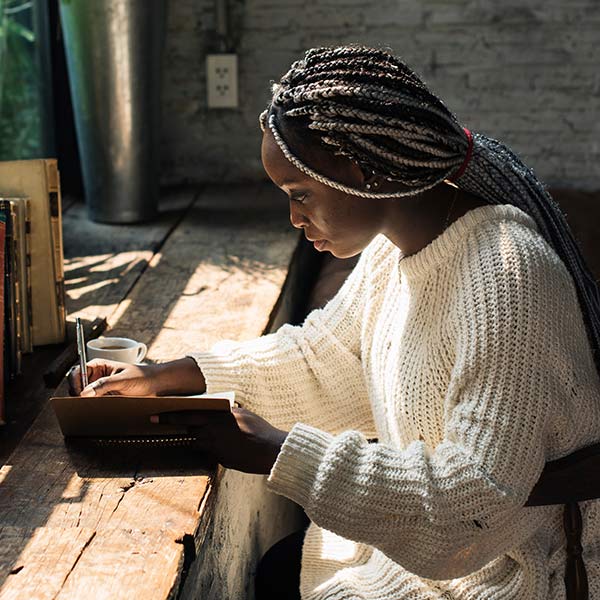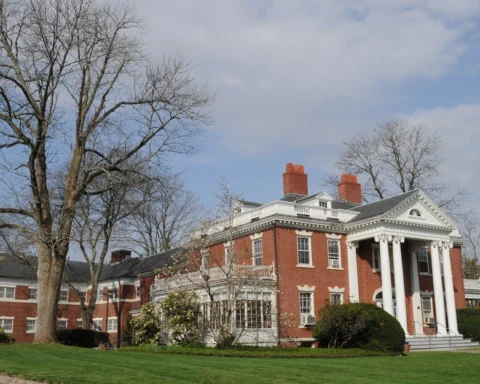From The National Humanities Center
How does our understanding of American history and culture change when viewed through the eyes of Black women? How should we incorporate Black women’s voices in curriculums to ensure students can benefit from those perspectives? These and related questions will be the focus of (re)Centering the Narrative: Black Women’s Voices of the 19th and 20th Centuries which will be held July 10–14 at the National Humanities Center (NHC).
Presented in partnership with the Ruth J. Simmons Center for Race and Justice at Prairie View A&M University, this intensive, weeklong seminar will explore how Black women documented, inspired, and reflected the Black experience in the nineteenth and twentieth centuries. It is the latest installment in the NHC’s ongoing effort to support pre-collegiate teaching in African American studies.
Institute participants, selected from schools across the US, will engage with African American women’s literature and poetry, primary sources, and the historical record to better understand the experiences and contributions of Black women and to effectively deploy that understanding with their students. As a part of the institute, participating teachers will create instructional resources to share with other educators in their communities and across the country.
(re)Centering the Narrative will be led by Marco Robinson, associate professor of history and assistant director of the Ruth J. Simmons Center, and Mike Williams, director of education programs at the National Humanities Center. They will be joined by more than a dozen guest scholars of African American women’s literature, history, and culture, including:
- Tiffany E. Barber, University of California, Los Angeles
- Brigitte Fielder, University of Wisconsin–Madison
- P. Gabrielle Foreman (NHC Fellow, 2003–04), The Pennsylvania State University
- Qiana Cutts Givens, Mississippi State University
- Alexis Pauline Gumbs (NHC Fellow, 2020–21), Independent Scholar, Poet, and Activist
- Beverly Guy-Sheftall, Spelman College
- Trudier Harris (NHC Fellow, 1996–97; 2018–19), University of Alabama
- Tera W. Hunter (NHC Fellow, 2017–18), Princeton University
- Patricia A. Matthew (NHC Fellow, 2022–23), Montclair State University
- Hollis Robbins (NHC Fellow, 2017–18), University of Utah
- Ebony Elizabeth Thomas, University of Michigan
- Sondra Bickham Washington, Florida Atlantic University
- Andreá N. Williams (NHC Fellow, 2017–18), The Ohio State University
- Jennifer D. Williams (NHC Fellow, 2019–20), Howard University
“The experiences and contributions of African Americans have historically been minimized in our classrooms, but the American story is incomplete and inaccurate without them,” said Robert D. Newman, president and director of the National Humanities Center. “This is doubly true when we recognize the lack of attention paid to women. African American women have been central figures in the struggle for equal rights. They have made significant contributions to our literary, musical, and artistic culture. The role they’ve played at every level of business, politics, and public life has gone significantly underappreciated. This institute is intended to help address that deficit and builds on the Center’s continuing efforts to prepare teachers with the tools and training they need to help students understand the experiences of African Americans within the larger history of the US and the world.”


